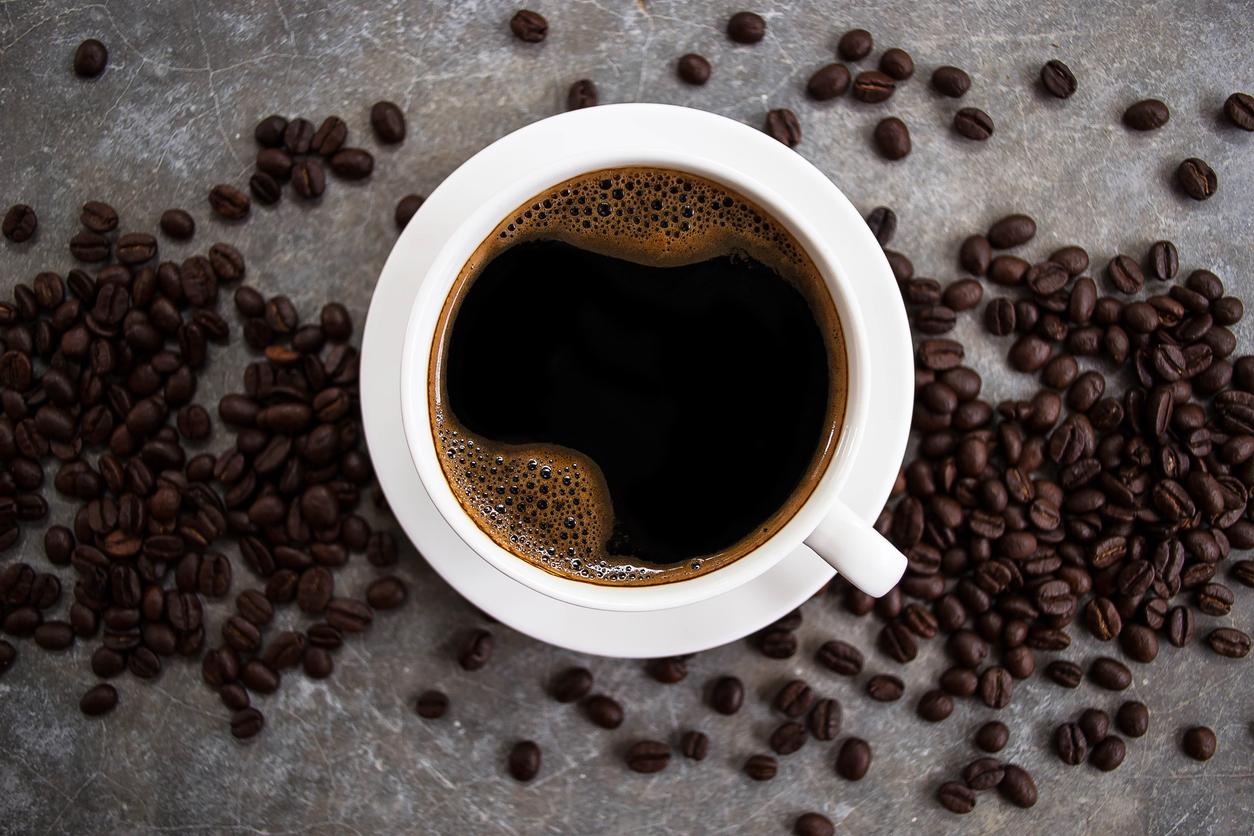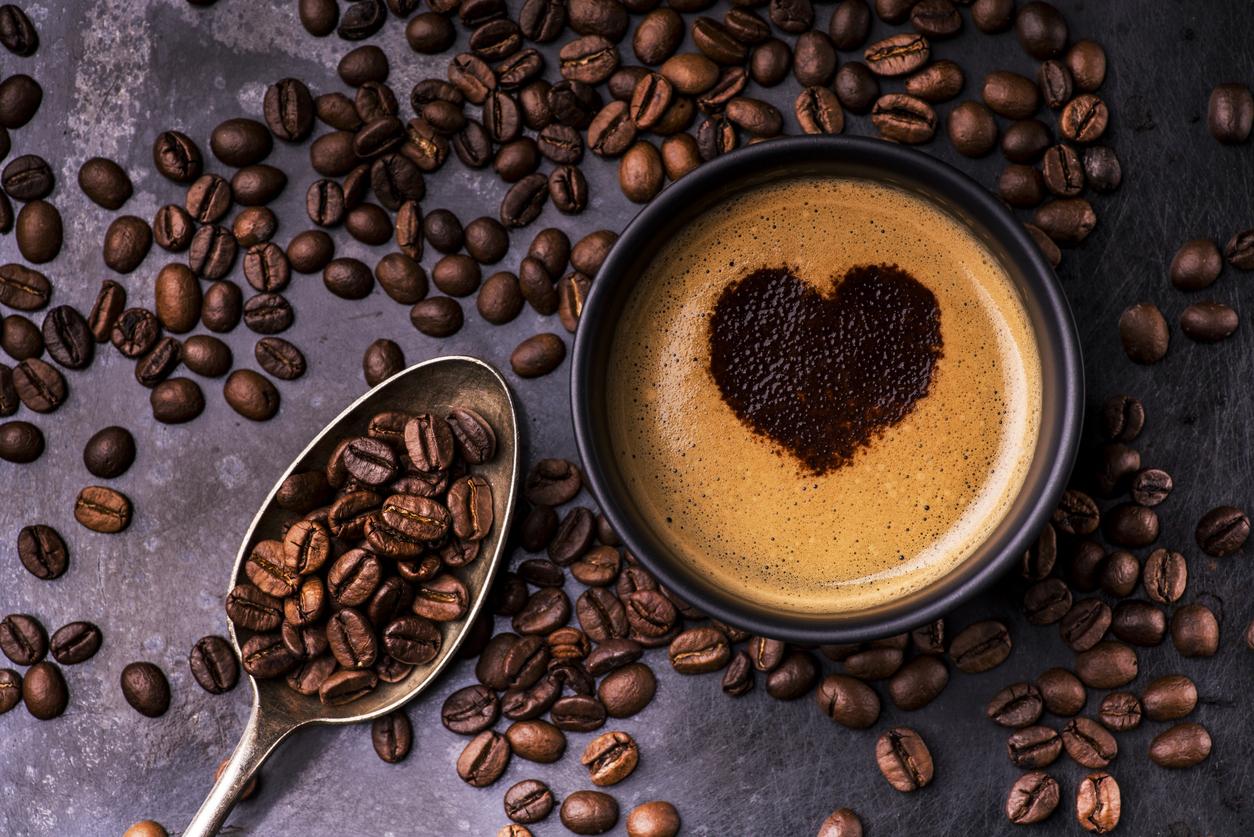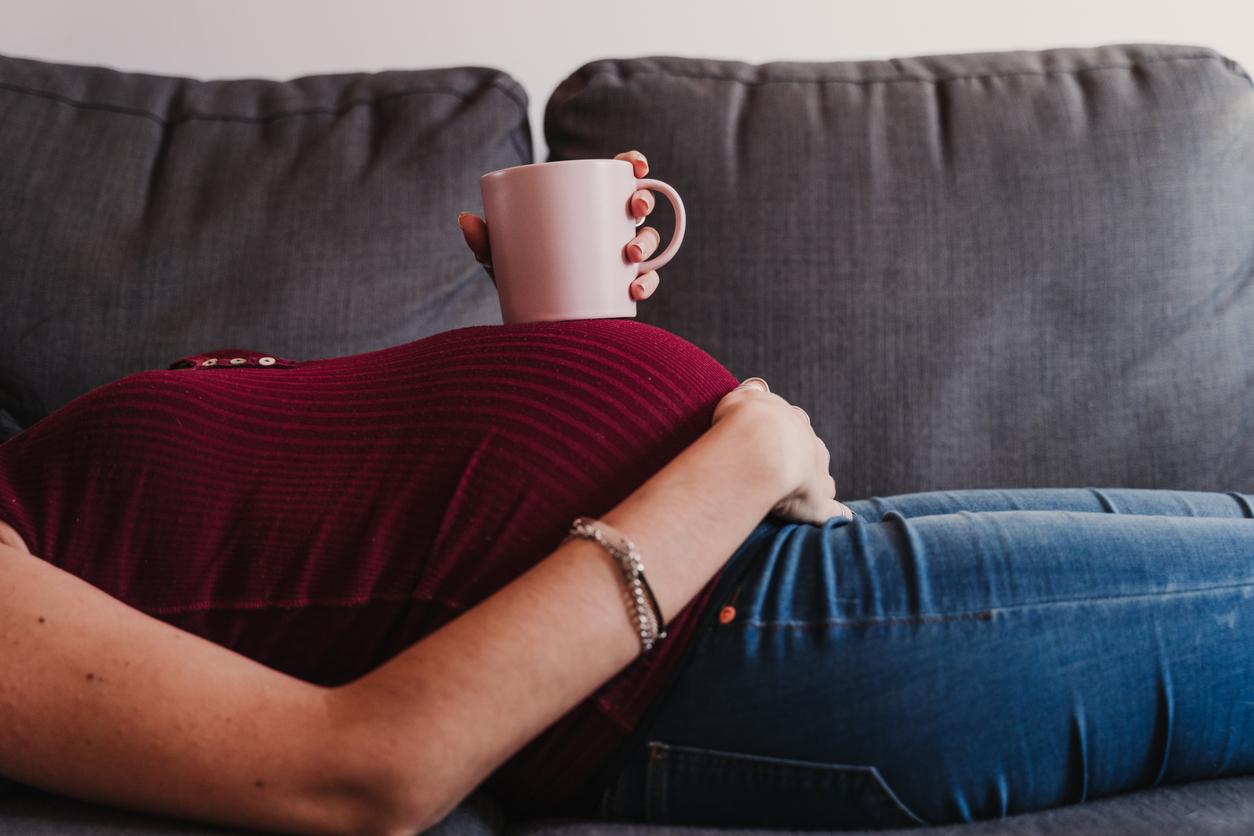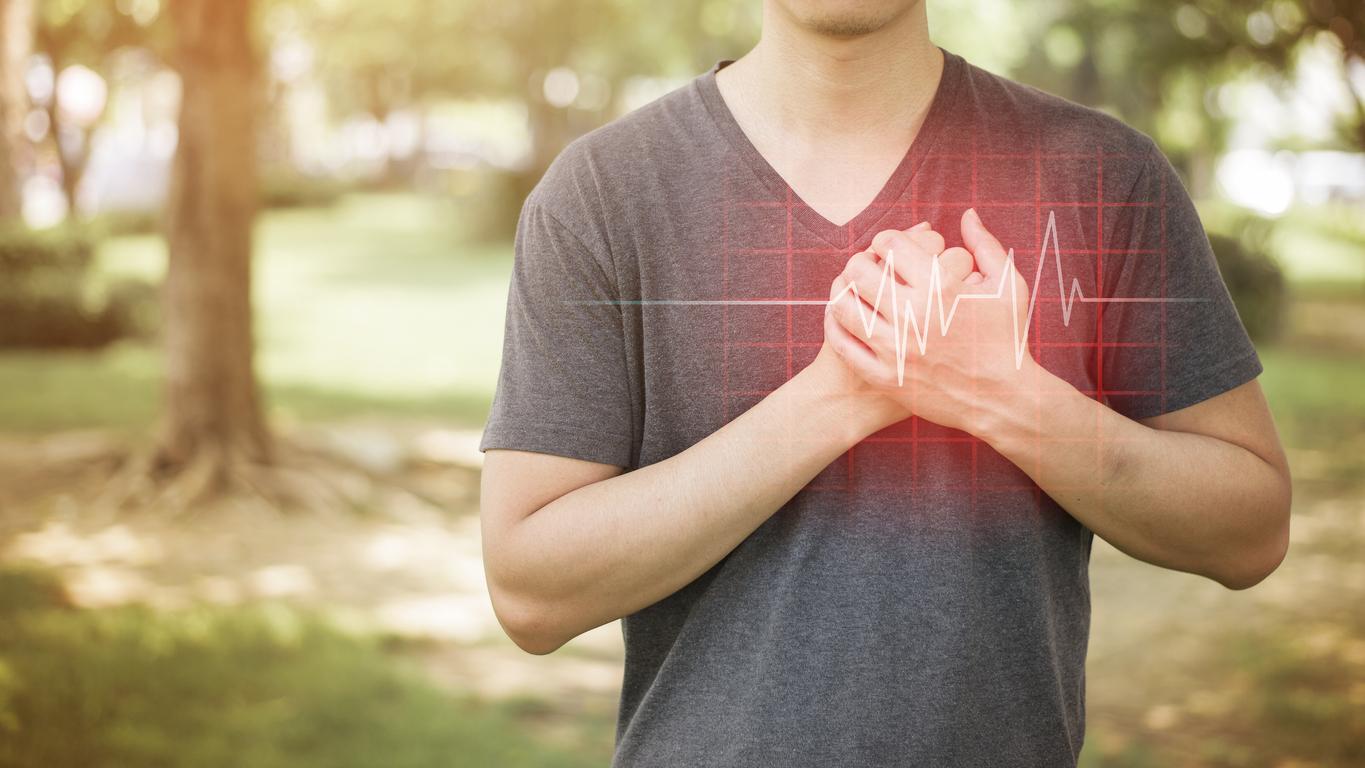Unconsciously, an individual’s coffee consumption is linked to their blood pressure. Thus, tolerance to this drink could be linked to genetics.
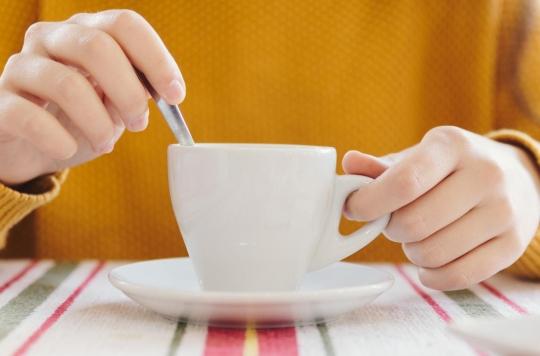
- People who suffer from high blood pressure or cardiac arrhythmia naturally drink less coffee than others, which would be linked to a protective genetic mechanism.
- The amount of coffee a person drinks could therefore be an indicator of their heart health.
Eight out of ten French people drink coffee according to a barometer on coffee consumption in France carried out in 2018 by the French Institute of Public Opinion (Ifop). But the doses are not the same from one individual to another. Some will only have a cup in the morning, while others will crave it throughout the day. “People drink coffee for all sorts of reasons: when they’re feeling tired, because they like the taste, or just because it’s part of their daily routine.”, explains Elina Hyppönen, author of a study which has just been published in the journal The American Journal of Clinical Nutrition. She and her team of researchers did not stop at this observation, they tried to understand what, unconsciously, regulated our coffee consumption.
Blood pressure regulates coffee consumption
For this, they analyzed the daily coffee consumption and the cardiovascular health data, that is to say blood pressure and heart rate, of 390,435 people. According to them, it is these cardiac indicators that influence coffee consumption. Indeed, individuals with high blood pressure or cardiac arrhythmia – the disturbance of heart rhythm – naturally drank less or no coffee, or only the decaffeinated version, compared to people without these heart conditions. “People unconsciously self-regulate coffee levels based on their elevated blood pressure, which is likely the result of a protective genetic mechanism, assures Elina Hyppönen. This means that someone who drinks a lot of coffee is probably more genetically tolerant to caffeine than someone who drinks very little. Conversely, a non-coffee drinker, or someone who only drinks decaffeinated will be more susceptible to adverse caffeine effects and hypertension..” Scientists therefore conclude that blood pressure or heart rate unconsciously regulate the amount of coffee an individual takes each day. It is therefore this phenomenon that would also protect it from excessive consumption in the event of high blood pressure.
When you don’t crave coffee, don’t have a cup out of habit
The amount of coffee we naturally crave could therefore be an indicator of our cardiovascular health. “Whether we drink a lot of coffee, a little, or avoid caffeine altogether, this study shows that genetics guide our decisions to protect our cardiovascular health, concludes Elina Hyppönen. If your body is telling you not to drink that extra cup of coffee, there’s probably a reason. Listen to it, it’s more in tune with your health than you think.” In France, 14.4 million people suffer from high blood pressure but only 7.6 million of them are treated. A good reason to listen to yourself and regulate your coffee consumption.

.









